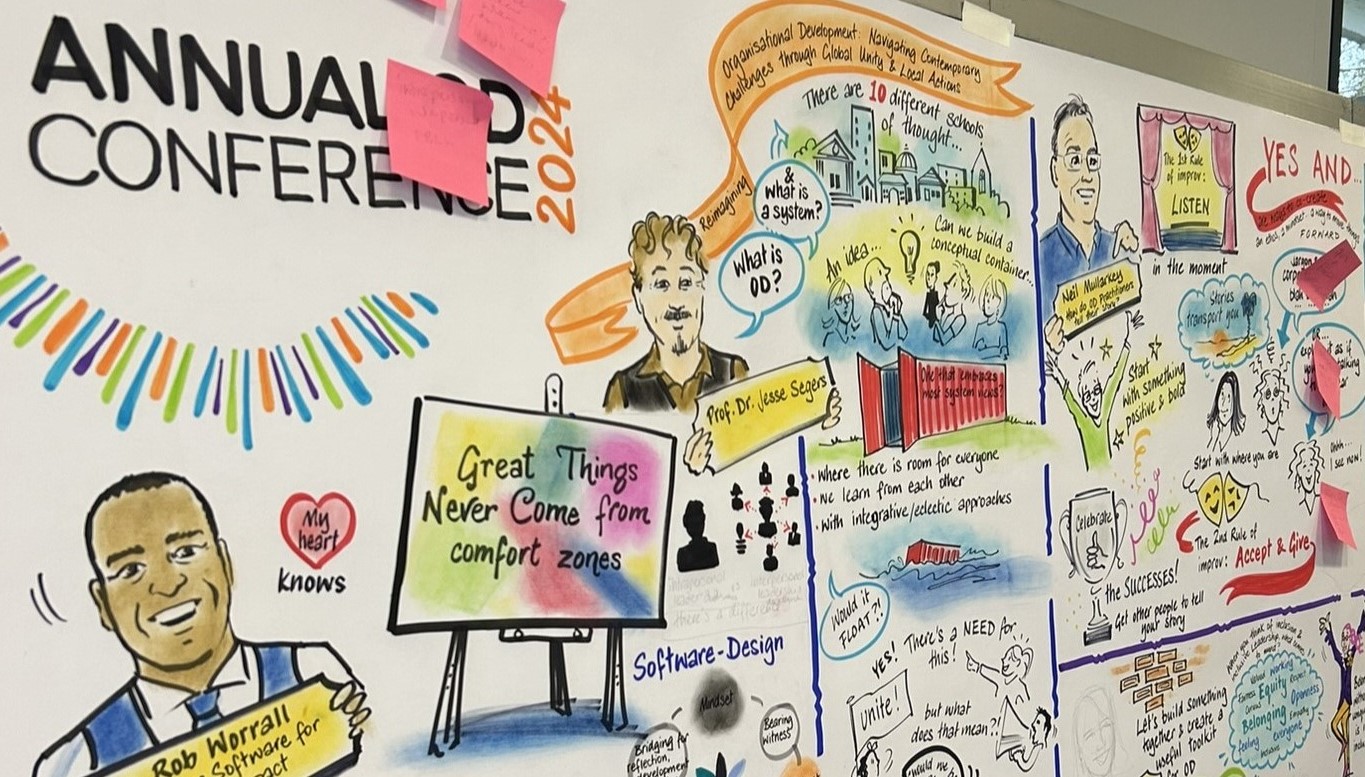“Oops I did it again” sang Britney Spears.
Whilst she may not be my musical cup of tea I can certainly relate to these lyrics. Have you ever done or said something that wasn’t your greatest hour only to realise that this wasn’t the first time? If you’ve asked yourself the question “How come this always happens?” or “Why do I do/say that?”, the chances are you have embarked on the early stages of self-reflection.
Reflection comes from the Latin reflectere, meaning to bend back, to turn back or to turn around. Simply put self-reflection (also known as personal reflection) is about pressing the pause button, taking the time to think about the actions we take, our behaviours, attitudes and emotions, our decisions and their likely impact on us and those around us. Self-reflection is to seek the answer to “Why?”.
However, self-reflection isn’t necessarily an easy thing to practise and has become a bit of a lost art. We live in an incredibly fast paced world that is constantly changing around us. We are connected whether to our work or to our family and friends 24/7 through our mobile phones. We spend a considerable amount of our time on social media, watching 24-hour news cycles or in the lure of the next binge watch series on Netflix. Hitting pause and taking time away from those stimuli for any reason is a challenge. In addition to time, it also takes discipline and a real desire to examine our thought processes and feelings – not always a comfortable place to be. It is, however, an incredibly valuable practise and one which is important regardless of our profession or role.
So why should we do it? There are several compelling reasons why we should take time out to reflect:
Increase self-awareness – First and foremost, regular reflective practice will result in greater self-awareness. This is key for building resilience and continuous personal development and growth. It also helps prevent us repeating the same mistakes over and over again.
Facilitates change – Reflection provides the analysis and clarity required to learn from experiences. As you become clearer on what’s not working for you or those around you, you will gain valuable insight into your unhelpful patterns and behaviours. Consequently, you will be able to make significant changes to existing negative patterns.
Improves confidence – Whilst it isn’t always a pleasant experience to reflect on our actions, it can also provide opportunities to consider and build upon what we already do well, to acknowledge our achievements and as a result boost our confidence.
Gives a better sense of perspective – Carving out time for reflection enables us to look at the bigger picture, to consider things in the whole and not focus solely on one aspect of a behaviour or situation. This bigger picture perspective often helps us avoid making mountains out of molehills!
Like any discipline, self-reflection requires a level of skill in several areas:
Description – there is a skill to being able to describe and recall a situation from a neutral perspective. Objectivity is an illusion as we naturally bring our own frame of reference to our reflections but to strive for neutrality and be able to describe things in a non-judgmental and dispassionate way takes practice.
Following on from the description is the skill of critical analysis – how we challenge our own assumptions and pre-suppositions that often inform how or why we do things. How able are we to ask, “Is what I am thinking about myself or the situation really true?” “How do I know that’s the case?” “What is assumption and what is fact?”.
Re-framing – when we reflect, we look back at our experience, but paradoxically we also need to look forward. To clearly position what we want our outcome to be we need to ask, “what is the difference I want next time?” or “what exactly would a better outcome look, sound and feel like?”.
Without the skills of planning and implementation then self-reflection becomes an interesting but ultimately meaningless tool. The real power lies in our ability to channel those reflections into new actions, new ways of being and in doing so we truly learn from our experiences. The ability to follow through, to try new approaches and stick with them, especially in the first uncomfortable stages of change are key to our success.
Reflection, like art, takes many forms and you simply need to find out which works best for you. It could be writing daily in a journal for example, or less formal scribbled or drawn notes in your notebook at the end of every day. For others it may be talking to yourself – strange though it sounds asking yourself a series of questions out loud then answering them can be a great way to reflect. You may get some funny looks if you choose to do this whilst walking your dog but combined with the fresh air and peace and quiet, I often find this really insightful! Or, as you gain confidence in reflection you may wish to ask others to help you. Perhaps a coach or mentor, or a friend who has great listening skills and is willing to nudge you through asking probing questions and being curious.
Whatever way you choose to reflect, whether you are a Leader, a Manager, an OD Practitioner or are in another role, use the power of “why?” to truly learn more about yourself. You will undoubtedly benefit from it.




